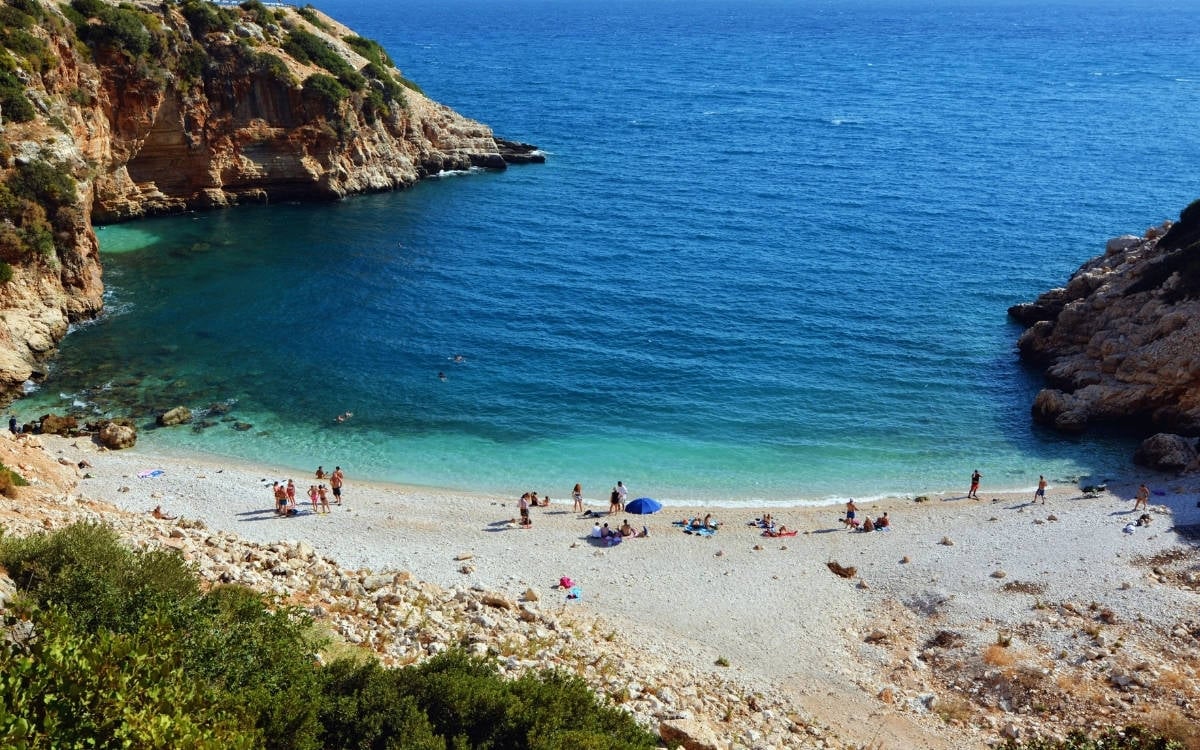The Culture and Tourism Ministry has issued a regulation allowing tourism investments on coastal zones traditionally protected by constitutional and environmental laws, sparking criticism from legal experts and environmental groups.
Published today in the Official Gazette, the amendment to the “Regulation on the Allocation of Public Property for Tourism Investments” permits the allocation of coastal forest areas, specifically the sections on the seaward side of the coastal boundary line, for tourism use, provided they remain “open to the public.”
Coastal strips falling seaward of the boundary line are considered public property under the Constitution and the Coastal Law and required to be freely accessible.
The regulation took effect immediately, with the implementation to be overseen by the culture and tourism minister.
Activists have warned that the “public access” clause could be loosely enforced in practice, potentially opening the door to the commercialization of natural coastal zones. They stress that coasts are protected as shared public assets under both the Constitution and the Coastal Law.
'A violation of the Constitution'
The Coastal Movements Solidarity Network (KIYIDA), an advocacy group, issued a statement denouncing the regulation.
“Turkey’s coasts, including enclosed seas and inland waters, are rapidly being handed over to capital interests,” the group said. “Constitutional and legal protections are being ignored, coastal ecosystems are being destroyed, historical assets erased, and access to the sea restricted. Amid a deepening economic crisis, the coasts are being subjected to privatization and gentrification.
“Despite its flaws, the Constitution, particularly Article 43, and Articles 5 and 6 of the Coastal Law provide key protections. These guarantee that coastal use must prioritize the public interest, that access cannot be restricted, and that coasts cannot be fenced off.
“The amendment allows forest areas under the ministry’s control that lie seaward of the coastal boundary line to be included in tourism allocations, provided they remain open to public use. This language, dressed in sophisticated terms, attempts to normalize and legally justify privatization of all coastal areas.”
The group called for the regulation to be repealed, saying, “We will not allow this to pass. We will continue to resist the privatization of coasts. The regulation violates the principle of legal hierarchy and contradicts the Constitution and the Coastal Law. No construction or leasing is permitted within the coastal boundary, and these areas cannot be fenced or privatized.
“There are numerous court rulings confirming that similar regulations contradict public interest and the law. While the law may serve the powerful, we will continue to fight for justice,” KIYIDA concluded. “We will persist in demanding justice for the coasts until all are liberated.” (TY/VK)










